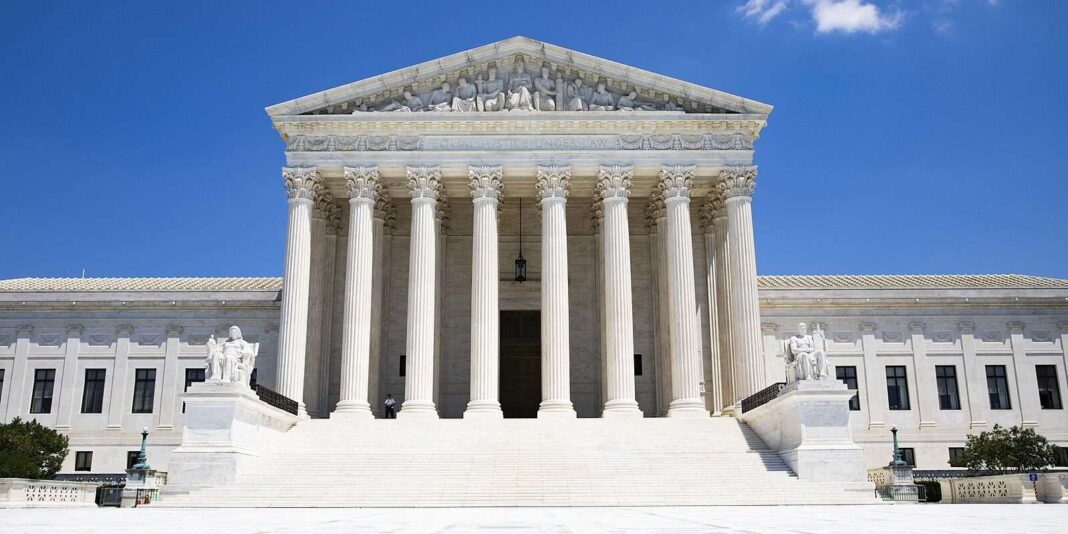In a recent jaw-dropping move, the US Supreme Court made a ruling that could overturn decades of administrative law in the case of Chevron v Natural Resources Defense Council. This decision threatens to replace expert scientific judgment with politically-appointed judges, setting a dangerous precedent for the future of crucial environmental regulations.
What?
The Supreme Court’s decision to overturn Chevron v Natural Resources Defense Council undermines the principle of “Chevron deference,” which allows government agencies to interpret unclear laws based on their expertise. This ruling places the power of decision-making in the hands of judges who may lack the necessary knowledge to make informed choices on complex issues such as climate emissions and environmental regulations.
Why does it matter?
By invalidating Chevron deference, the Court’s decision paves the way for more government gridlock and opens the door for politically-motivated rulings on crucial environmental and regulatory matters. This move disregards the expertise of career scientists and experts within government agencies, jeopardizing the effectiveness of existing regulations and creating potential chaos in the implementation of laws.
How is it going to shape the future?
The Supreme Court’s ruling sets a dangerous precedent for the future of administrative law, leading to increased inefficiencies, gridlock, and the undermining of expert opinions in favor of politically-driven judgments. This decision could result in less participatory government and more influence from unelected officials, ultimately threatening the integrity of environmental protections and regulatory processes.
In a nutshell, the Court’s decision to overturn Chevron reveals a troubling trend towards increased judicial activism and a disregard for established legal principles. This move has significant ramifications for the future of regulatory decision-making and government efficiency, raising concerns about the balance of power and expertise in shaping crucial policies moving forward.

